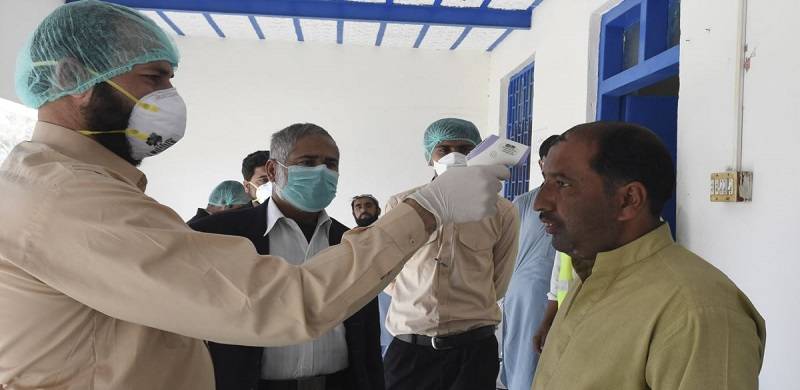
Countries in different stages of lockdown will have to ensure incomes for those losing employment; this is not the usual business cycle fluctuation in which monetary and fiscal policies can fix like the 2008 financial crisis. The current COVID-19 led recession will deepen into a depression, predicts Economic & Political Weekly.
Being the fulcrum of global supply chains, China cannot go back to full production of most items because other nations have cut back production and are importing much less from China. Therefore, Chinese exports will not recover unless other major economies, which are now in lockdown, recover. Production post March 2020 will remain below full capacity with exports and consumption unlikely to recover soon.
The full year growth rate thus will be negative or close to zero. In countries that are under lockdown now, production of some services can take place from homes via the internet.
The impact on the manufacturing sector will be quite large because people are required to go to their workplaces and that has been curtailed due to the lockdown. Since people are currently hoarding, this can only be a temporary practice since the spike in demand is unlikely to persist. Depending on the duration of the crisis, demand may even plummet later.
As per the sectors, the small-scale sector will suffer more than the large-scale sector. It is here that the crisis will be the deepest since these workers have the least resilience to face a fall in incomes. This could lead to a societal crisis. Even the media will suffer due to reduced travel, and its finances will be affected due to loss of advertisements as profits of businesses plummet. Businesses spend a significant sum of their revenues on advertisement.
The moot question, however, is whether the crisis will bring about a fundamental change in societal thinking, with people realizing that a lifestyle change is required. Most importantly, a well-functioning government and provision of public goods are needed "at all times", is a lesson learnt.
"Tackling the Covid-19 outbreak will require political will and decisive actions from the government in terms of ramping up the healthcare infrastructure, ensuring public distribution of essentials to fulfill basic needs, and income transfers to the poor, among others... The government should not constrain such expenditures...," suggests the report on the impact of coronavirus crisis.
Being the fulcrum of global supply chains, China cannot go back to full production of most items because other nations have cut back production and are importing much less from China. Therefore, Chinese exports will not recover unless other major economies, which are now in lockdown, recover. Production post March 2020 will remain below full capacity with exports and consumption unlikely to recover soon.
The full year growth rate thus will be negative or close to zero. In countries that are under lockdown now, production of some services can take place from homes via the internet.
The impact on the manufacturing sector will be quite large because people are required to go to their workplaces and that has been curtailed due to the lockdown. Since people are currently hoarding, this can only be a temporary practice since the spike in demand is unlikely to persist. Depending on the duration of the crisis, demand may even plummet later.
As per the sectors, the small-scale sector will suffer more than the large-scale sector. It is here that the crisis will be the deepest since these workers have the least resilience to face a fall in incomes. This could lead to a societal crisis. Even the media will suffer due to reduced travel, and its finances will be affected due to loss of advertisements as profits of businesses plummet. Businesses spend a significant sum of their revenues on advertisement.
The moot question, however, is whether the crisis will bring about a fundamental change in societal thinking, with people realizing that a lifestyle change is required. Most importantly, a well-functioning government and provision of public goods are needed "at all times", is a lesson learnt.
